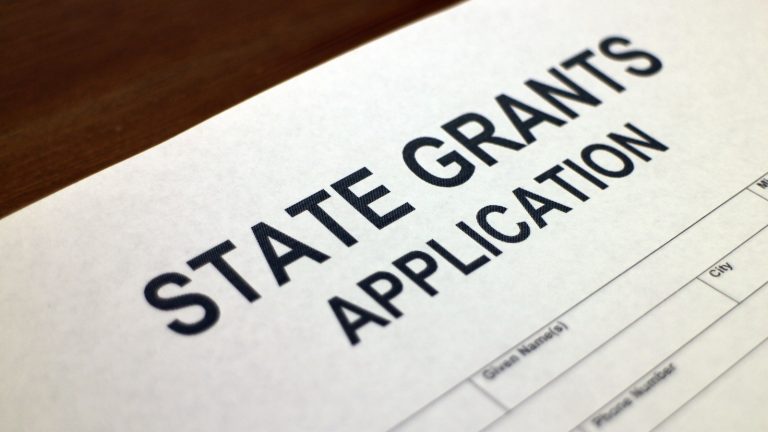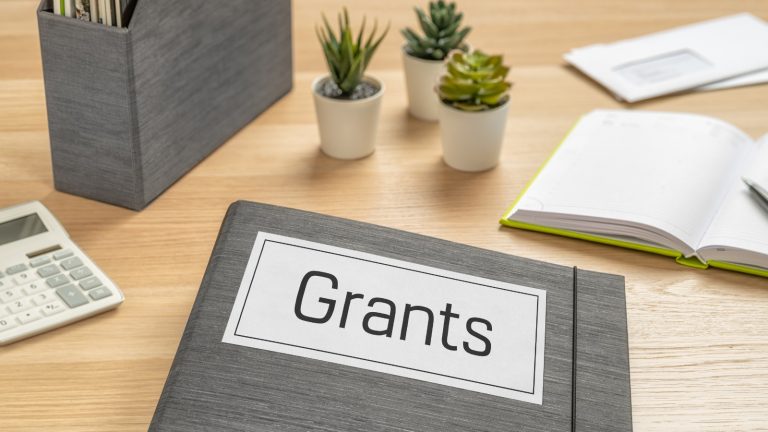Imagine climbing the most difficult mountain on your own despite the challenges. How about receiving a helping hand to reach the top of the mountain? This is exactly what business grants do! It is a kind of extra assistance that small SMEs receive from the government or some other third parties, like NGOs. In Singapore, various kinds of government and non-government-funded grants are available day after day. However, most of the startups fail to extract their real essence from them. Why?
This is what we are going to reveal in our blog article. We will look into the most common mistakes businesses usually make when applying for grants in Singapore.
What are Grants?

- Before looking into the mistakes, we must understand what grants are! Yes, it is true that they give extra support to the businesses out there that are looking for a helping hand. But it actually does more than that when it comes to Singapore. This is a country where SMEs get an abundance of assistance for the development of their businesses.
- Therefore, grants for small businesses in Singapore are financial assistance programmes offered by government agencies or organisations to support businesses in the main three areas. Those are growth, innovation, and sustainability, targeting success.
- You know that in today’s dynamic world, startups face many challenges during operations, such as limited access to capital, a lack of resources for innovation, the need for capacity building, etc. These grants aim to address the challenges faced by small businesses within a development framework.
- What are the main objectives of the grants? These are planned to encourage entrepreneurship within Singapore, back up economic development, and enhance competitiveness in key sectors such as technology, manufacturing, etc.
What Can Grants Do?

- The next question that comes to your mind is, undoubtedly, is it really helpful to have grants? Of course! Small businesses can utilise grants for a range of purposes. It will back up research and development, technology adoption, capability development, market expansion, sustainability initiatives, and so on.
- Small businesses have to bear an unbearable amount of expenses during these operations, such as purchases, training programmes, consultancy services, and internationalisation efforts. Since Singapore extends its helping hand to SMEs with financial support and resources, it empowers small businesses through grants to implement innovative steps for research and development.
- In Singapore, there is a specified platform for such grants, which is known as the PSG (Productivity Solutions Grant) portal or Business Grant Portal, where small businesses can locate suitable grants for their purposes. However, the key challenge is to implement the right measures when applying for grants.
Top Common Mistakes You Do When Applying for Grants

Lack of Research
Research is the key to success when embarking on new journeys. This theory applies to grant applications, too. How would you understand whether the grant you are aiming for matches your requirements? This is why research receives a stable spot on this list.
When you lack research, it significantly undermines a grant application’s success potential. Let us explain how. Imagine that you did not do thorough research. As a result, your application might overlook crucial eligibility criteria, application requirements, or deadlines. The ultimate consequence is obviously disqualification or reduced competitiveness at the end.
It is common to see that inadequate research can lead to a poor understanding of the grant’s purpose, goals, and priorities. This leads to a mismatch between the applicant’s proposal and the grant issuer’s objectives.
If you fail to research past recipients or successful strategies, this can also prevent applicants from crafting compelling narratives or innovative proposals. This surely weakens the overall case for funding.
Poorly Defined Goals
You have well-specified goals, and you have to show them off! Did you know that poorly defined goals in a grant application can significantly diminish its chances of success?
It is true that clear and specific goals are essential for demonstrating a logical and believable plan for utilising grant funds effectively. What happens when you do not indicate the goals well is that the reviewers might struggle to understand the intended outcomes of the proposed project or initiative. It leads to confusion and scepticism regarding its potential impact.
Visualise this from the review team’s end! These unspecific objectives might be a sign of a lack of strategic planning and vision on the part of the applicant, which would raise doubts about their capacity to carry out the suggested activities effectively.
Therefore, it is highly important to have a clear set of goals before you apply for the grant, and during the application process, you have to make sure that you are giving the review team a clear vision.
Incomplete Applications
When it comes to the PSG portal in Singapore, this is the main reason most startups fail their application missions. If you think twice, this is something you can easily prevent. Do you agree? Incomplete applications make a clear barrier to success in grant applications. It is common knowledge that reviewers rely on complete and well-organised submissions to evaluate the viability and merits of proposed projects or initiatives.
When essential information or documentation is missing, reviewers cannot fully assess the applicant’s eligibility, feasibility, or alignment with the grant’s objectives. This can result in automatic disqualification or lower scores during the review process.
Moreover, incomplete applications reflect poorly on the applicant’s professionalism and attention to detail, raising doubts about their ability to manage grant funds responsibly. If you need to win this, a little more professionalism is highly required!
Ignoring Grant Guidelines
This is another fact most SMEs fail to fulfil. When a grant is out, a set of guidelines is also launched along with it. This is very valuable because grant guidelines provide specific instructions on eligibility criteria, application procedures, required documentation, and project requirements.
If you do not go with these instructions, you lose the chance of being eligible for the grant in the first place.
On the other hand, failing to adhere to these guidelines demonstrates a lack of attention to detail and disregard for the grant issuer’s instructions. Isn’t it? Since you have not followed the guidelines, your application will be out of the competition during the initiation screening itself!
Poor Financial Management Plan
When you apply for a grant, you are supposed to provide a detailed and well-sculpted financial management plan. This is because the review team requires an understanding of your financial management to make you the chosen one! Grant issuers typically require detailed budgets and financial projections to ensure the responsible and effective use of funds.
In this case, a poor financial management plan can be a critical reason for the failure of a grant application.
If an applicant fails to provide a clear and realistic financial plan, it raises concerns about their ability to manage grant funds responsibly. Reviewers could cast doubt on the applicant’s ability to follow financial guidelines, utilise resources effectively, and complete the planned project’s goals within the allotted funds.
Inadequate financial planning can also be a sign of a lack of strategic thinking and foresight, which raises questions about the applicant’s general aptitude and readiness.
Failing to Understand the Funder’s Priorities
This point is a little tricky! You need to have a good sense to understand the aspects that the funders put more weight on when applying for grants. After all, not every grant aligns with your company’s objectives and innovations.
Funders have specific goals, objectives, and criteria they seek to address through their grant programs. For example, applicants run the risk of submitting projects or initiatives that clash with the goals of the funding if they do not fully understand these priorities. On the one hand, it is a clear case of mismatch. On the other hand, it is just a waste of your precious time!
Understanding the priorities of funders is highly essential to maintaining credibility and eligibility for grants in Singapore.
Ignoring Sustainability
We all know that Singapore is currently walking down the path of sustainability in every industry. Their high enthusiasm makes them consider this an essential part of business success.
This is why grant issuers usually prioritise projects that demonstrate long-term viability, environmental responsibility, and social impact. Proposals that include sustainable practices are likely to be given priority by reviewers since they show a dedication to resource management and a comprehensive strategy for tackling social issues.
Those who submit plans without taking sustainability into account risk coming off as irresponsible and forgetting to address the long-term effects of their work. This will paint a bad picture of your business, for sure!
Strategically Filling Gaps When Applying for Grants

It takes work to receive the necessary help from third parties. But when you have the chance, it is better to grab it without causing unnecessary issues, like errors in the application process. You need cutting-edge technology to make this process streamlined and smooth. However, a reputed supplier is what you need to make this dream come true. Always remember that in Singapore, help is always given to those who ask for it!





